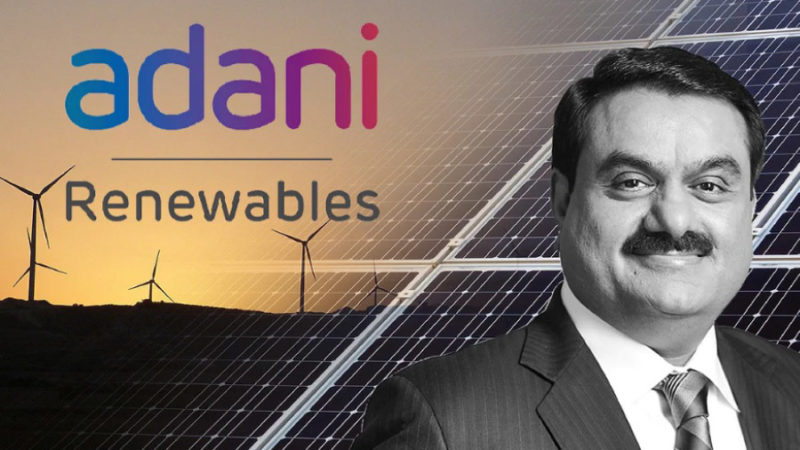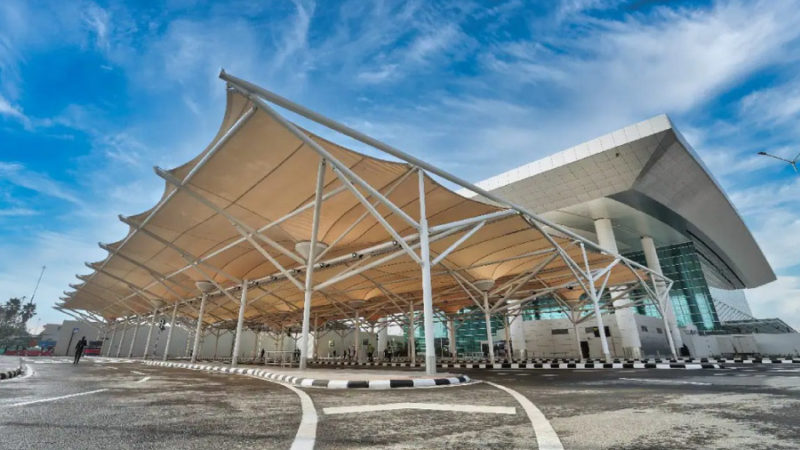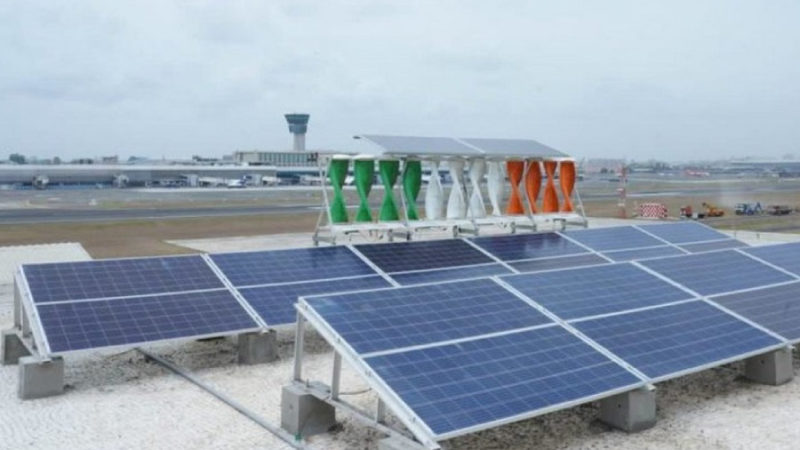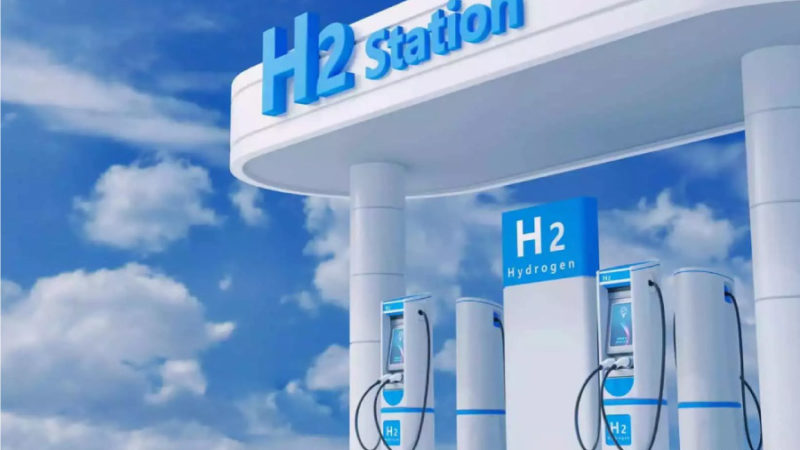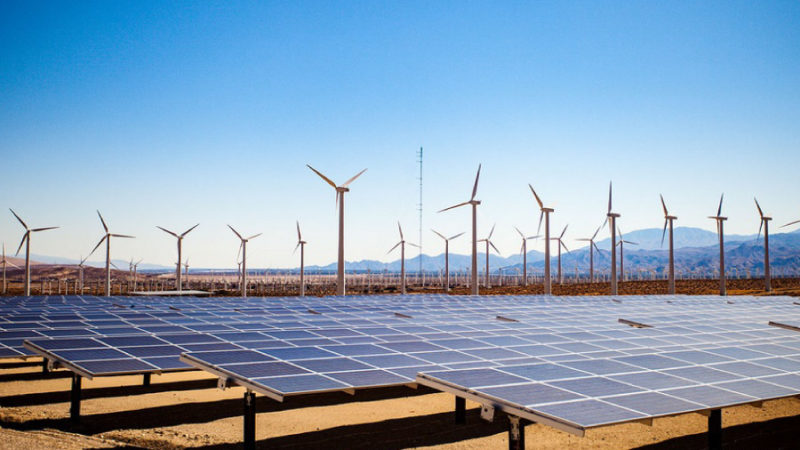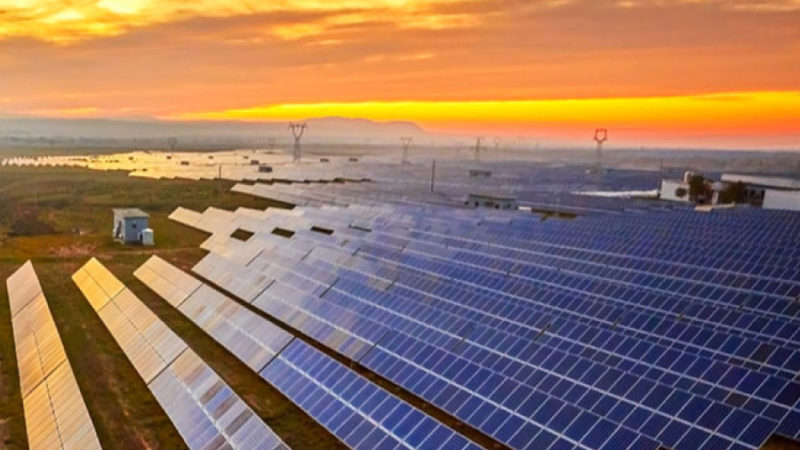Govt to soon announce a scheme to promote R&D of Hydrogen Electrolysers
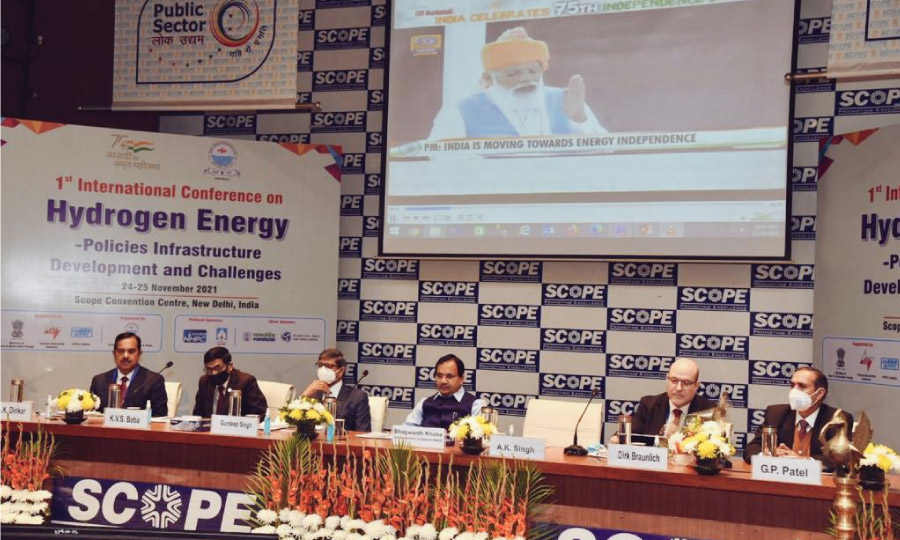
Technologists from IITs and others have been asked to do extensive research on hydrogen energy to reduce the cost of production for electrolysers.
In order to meet India’s renewable energy targets, a scheme to boost research and development of electrolysers will be announced soon, said Bhagwant Khuba, Minister of State for New and Renewable Energy, while speaking at the inauguration of the first international conference on hydrogen energy organised by the Central Board of Irrigation and Power (CBIP) .
Emphasizing Prime Minister Narendra Modi’s conviction to decarbonize India at COP26 in his inaugural address, Khuba stated that by 2030, India aims to generate 500 GW of renewable energy, and zero emissions by 2070, for which it is constantly progressing.
He further added that technologists from IITs and other organizations were asked to do extensive research on hydrogen energy to reduce the cost of production for electrolysers.
He further informed that the Renewable Energy Ministry will soon be coming out with a scheme for the same. India has to develop the capability of producing hydrogen energy so that it can export it in addition to using it for domestic consumption.
He anticipated that the two-day conference, which begins November 24, would be able to discuss and identify solutions to future issues in hydrogen energy.
The first international conference on hydrogen energy, titled “Hydrogen Energy – Policies, Infrastructure Development and Challenges”, is being is being organized by CBIP with the support of MNRE , CEA and NTPC on 24th -25th November 2021, in New Delhi.
The conference will be attended by approximately 200 people, representing 60 organizations from India and three international experts from Germany, Japan and Sweden. It would highlight the huge progress in the field of hydrogen that has occurred in this country over the last few years.
A technical committee of the conference selected 29 papers for discussion, including three papers by foreign authors.
Connect with Power Insight: Facebook | LinkedIn | Twitter


